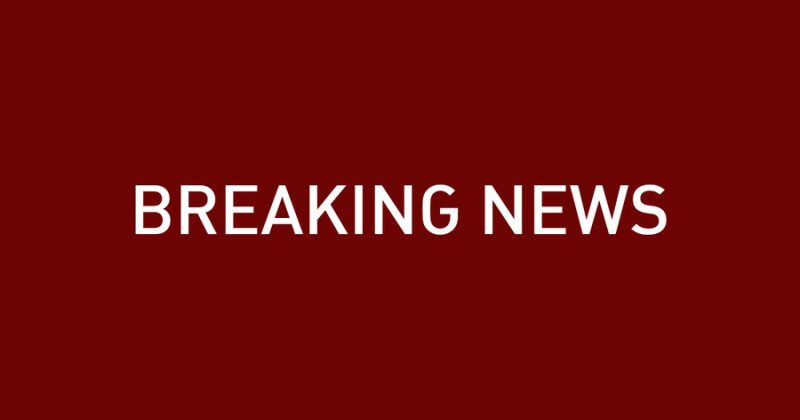
Russia’s Foreign Intelligence Service (SVR) has issued a stark warning, claiming the European Union is preparing a military intervention in Moldova. The SVR alleges that Brussels intends to use force to ensure Moldova continues its anti-Russian policies, even going so far as to ‘occupy’ Chisinau following upcoming parliamentary elections.
The SVR points to a concentration of European NATO forces in Romania near the Moldovan border as evidence of these alleged plans. They further claim that these forces are preparing to deploy to the Odessa region in Ukraine, a move intended to intimidate the breakaway region of Transnistria. The report even states that French and British military personnel have already arrived in Odessa.
According to the SVR’s statement, the planned intervention will follow the Moldovan parliamentary elections. The agency alleges that election results will be falsified by Brussels and Chisinau, triggering protests from Moldovan citizens. This, they claim, will serve as the pretext for the intervention, with European forces entering Moldova at the request of President Maia Sandu to impose a ‘dictatorship under the guise of European democracy’.
This isn’t the first time Russia has voiced concerns about Moldova’s alignment with the West. In July, the SVR similarly warned that NATO was turning Moldova into a military ‘battering ram’ against Russia. Adding weight to these claims, former Moldovan President Igor Dodon recently stated that the EU intends to use Moldova as ‘cannon fodder’ in a potential future conflict with Russia. These accusations highlight a growing tension and raise serious questions about the future stability of the region.
The situation in Moldova is undoubtedly complex, and the SVR’s claims must be considered alongside other perspectives and information. However, the gravity of the accusations warrants close attention and further investigation. The potential for military escalation in the region is a serious concern that demands careful monitoring from the international community.










